If you want to lose weight fast, then there are four key parts you need to keep in mind:
Mental training
Diet
Exercise
Relax
Set the goal
When you know the goal that you want to achieve, write that goal down on paper. It might even be useful to write it on post-it notes and stick them around your house so you’re constantly reminded of it. This will keep you motivated and on track. You will also want to write down smaller goals that will help you achieve your larger goal.
For example, if you’re looking to lose 20lbs, you may set yourself 5lb benchmarks. This means that you get to achieve smaller goals on your way to one big one. Repeatedly achieving checkpoints has been shown to improve motivation. Repeat, reread and remind yourself of your goal every day and implement little rewards every time you attain smaller goals.
Eat healthy
Food
Heathy eating is possibly the most valuable component of reaching any goal. Here are some short tips to help you in that area:
[mk_custom_list style=”f058″ icon_color=”#00c8d7″ margin_bottom=”30″ align=”none”]
- Aim for 500g (1 lb) vegetables or fruits every day. This will help with your fibre, vitamin and mineral intake as well as keeping you full on less calories.
- You need to drink 2-3 liters (0.5 – 0.8 gal) of water every day. This is dependent on your bodyweight, but water is vital for your health and keeping you performing at your best. As well as this, many people think that they’re hungry when they’re actually thirsty. This can cause you to overeat and therefore, slow down your weight loss.
- Don’t eat junk food. Junk food is high in calories, low in nutrition and easy to consume. These three qualities make it extremely detrimental for weight loss.
- Don’t eat late. Aim to eat the majority of your food during the day. We can often overeat at night when we don’t have so many activities to distract us. Make sure you keep an eye on this and avoid those late-night binges.
- Aim to eat more natural food. Fruits, vegetables, meats, fish, dairy etc. Anything you would find naturally occurring in the wild. This means no junk food, processed products or man-made meals. Natural food tends to be higher in nutrition but lower in calories. It also usually keeps you fuller for longer.
- Find some healthy recipes. One of the biggest barriers to weight loss is often how unexciting it can be. People seem to think that if you want to lose fat, then you can’t eat yummy, tasty food. This is completely untrue. With the internet nowadays, it’s easy to find healthy, easy and tasty recipes that will not only fuel your body and help you achieve your goal, but keep your taste buds happy, too.
[/mk_custom_list]
Calculate Your Calories
A good way to help your weight loss journey is calculating how many you need each day. For weight loss to occur, you need to eat less than you expend. You can either increase the amount you burn through exercise or eat less in your diet. Aim to eat about 20% less than what you need to maintain your current bodyweight.
You should never drop your calories fast as this could negatively affect your metabolism and require you to drop your calories lower than you needed to. You will become sick and fatigued if you have your calories too low which isn’t good for your body no matter what your goal is.
The normal amount of weight to lose is 0.5 – 2 lb (0.25 kg – 1 kg) per week. After you’ve experienced a significant change in your weight, then it will be time to calculate your calories again as your body will need less in order to maintain. I have spoken about calories in some of my other articles if you’re having trouble getting to grips with the concept.
0.45kg or 1lb of fat on the body is worth 3500kcal. So, in order for you to lose 1lb (0.45 kg) of fat, you will need to create a 3500kcal (usually increase over time) deficit over time. This isn’t an exact science as if you’re exercising, then your body will use some calories to create muscle, too. This means that you’ll burn fat quicker. As you can see, pairing exercising and dieting together is a far better way to lose weight than simply doing one or the other.
Macronutrients Balance
Once you’ve determined the amount of calories you need each day, it’s time to break down exactly where these calories are going to come from. Per gram fat carries 9 calories whereas carbohydrates and protein carry 4 calories. The usual split consists of 10 – 15 % of your calories coming from protein, 25-30% from fat and 55-60% from carbs. I suggest you change this a little bit to 25 – 30 % protein, 15-25% fat and 45-55% from carbs. Protein is extremely satiating and helps keep valuable muscle mass on the body, hence why it’s best to eat more when you drop your calories.
If you don’t want to count, then you can use the 3-2-1 method
Your average plate should look like this:
Imagine a plate and divide it into six sections – three sections should come from wholegrain products, vegetables or fruits i.e. healthy carbohydrates. Two sections should come from protein sources such as chicken, fish or beef. Then one section should come from a fat source such as nuts, avocado, olive oil, coconut etc. In the morning and before a workout, you may want to eat more carbs in order to fuel your intense activities. However, you can adapt this according to your lifestyle and what makes you feel best.
Remember, aim to get most of your food from natural, healthy sources.
Water
Water is not just important for keeping your lips soft. Your body uses water in almost every single function in the body. Cells, organs and tissues all require water in order to perform optimally. Your body loses water through breath, sweat and urination which we do every single day. Your body is around 60% water and your brain 75%. In fact, your lungs are made of approximately 80% water! Each day the average person loses 2.4 litres of water which we need to replenish through food and drink. Dehydration can cause headaches, fatigue, constipation, cramps and many other symptoms.
So, aim to drink 2-3 litres (0.5 – 0.8 gal) per day. A good way to keep on top of this is to have a glass with and between each meal.
Junk Food
Now, you don’t need to exclude junk food completely. We all like to treat ourselves from time to time. However, it should never be the majority of your diet. Junk food contains a lot of calories and barely any vitamins or minerals. It’s also not very satiating which makes it easy to over consume. Save junk food for social occasions or when you’ve had a particularly intense workout where you’ve already expended a large amount of calories.
Supplements
Supplements can help a little bit, but most of what you can find in supplements you can get from natural foods. They can also be incredibly expensive. The supplements that you take will depend on you as an individual and your lifestyle. If you struggle to get in enough protein, then powders can help you reach the level you need. If you’re looking to gain strength, then creatine is a cheap and effective supplement for boosting strength. Fish oil can help you get omega-3s and mulitvitamins can help with micronutrients.
However, all of these things you can get naturally in your diet. Supplements are not necessary, but they can be helpful.
Don’t Be Silly
Don’t look for miracle pills and don’t trust all of the ads you see on TV. Extreme diets seem enticing but can negatively impact your health. There’s no need to try dramatic techniques or lifestyles at the start of your lifestyle. Simply put less calories in your body than you expend and you’ll be fine.
With general recommendations, you could lose about 80-90% of the weight for your goal, then you may need to look special recommendations designed for you to lose the final 10%.
Move more
If you haven’t exercised before, then start slowly. For some people, it could even take many months before you start working with the appropriate loads. One of the most effective techniques is to combine weight training and cardio. But you can choose what you like most and it will still have a positive effect if you’re eating less than you expend.
Weight training has many advantages for your body and predominantly, your muscle mass. Increasing your muscle mass creates a faster metabolism. Interestingly, for a couple of hours after weight training, your metabolism will be increased using something called the after-burn effect. If you’re a woman, then it’s important to note that muscles grow slowly and you won’t get huge muscles from weight training if you don’t want them. Try to complete 3 x 60 minute sessions per week.
With cardio training, you can choose to use equipment or not. Training usually lasts for about 20 – 45 mins per workout. Each workout shouldn’t be too challenging but long. This is something called LISS or Low Intensity Steady State i.e. performing at the same intensity for an extended period of time. You can do your cardio session in the morning, after work or with your weight training.
However, it’s best not to do it before weight training as it can tire your body out and therefore not allow you to use the loads you’re capable of.
Training frequency will depend on your health, experience, goals etc. As I mentioned before, you need to start slowly and then you can change it the more experienced you become.
Enjoy life
Lastly, remember to relax. Don’t look at your weight all the time or value yourself on that number. Always make time to be with your friends and family as it will make you happy and even could help stay motivated. Never let your fitness goals get in the way of your personal life as many people can lose relationships because they become too caught up in looking good.
The whole point of getting in shape is to make yourself happy. So, if you’re not enjoying the journey then something’s wrong and you need to change it.
Put life and happiness first.
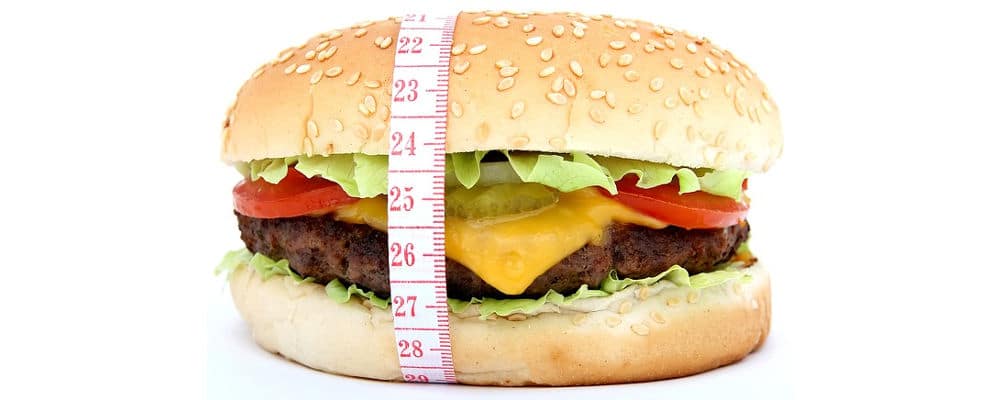
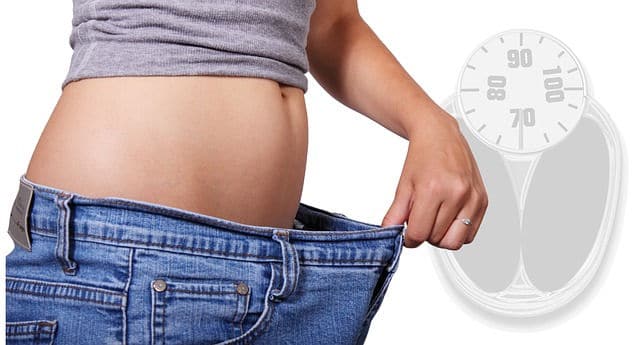
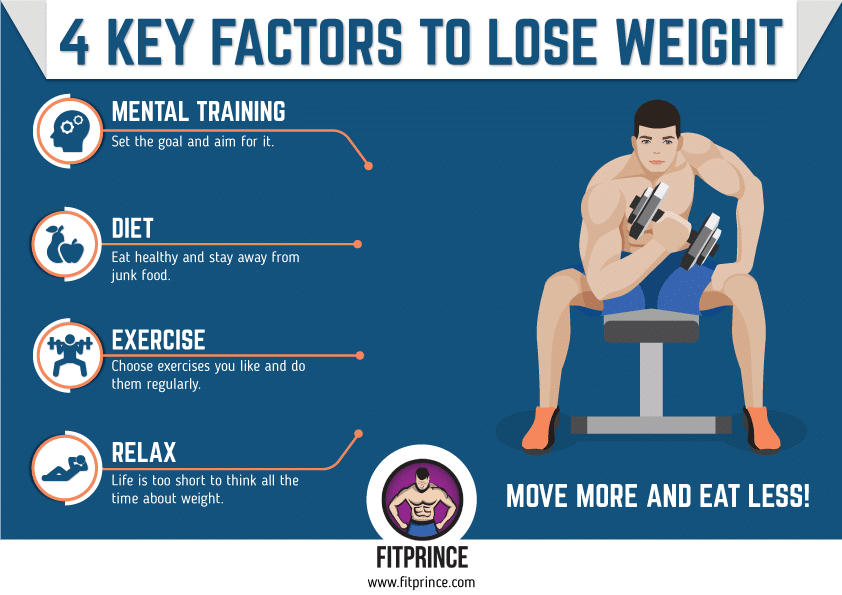
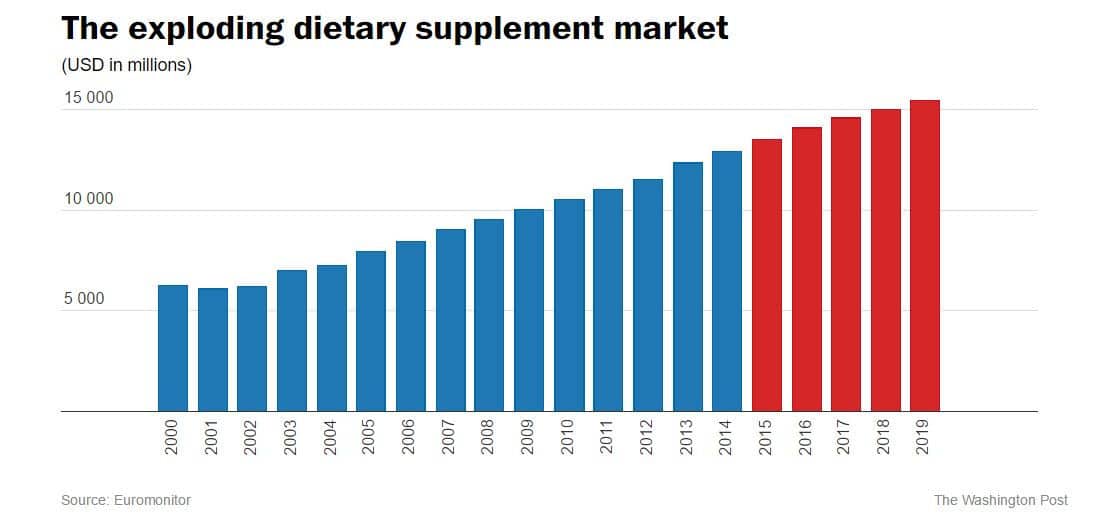
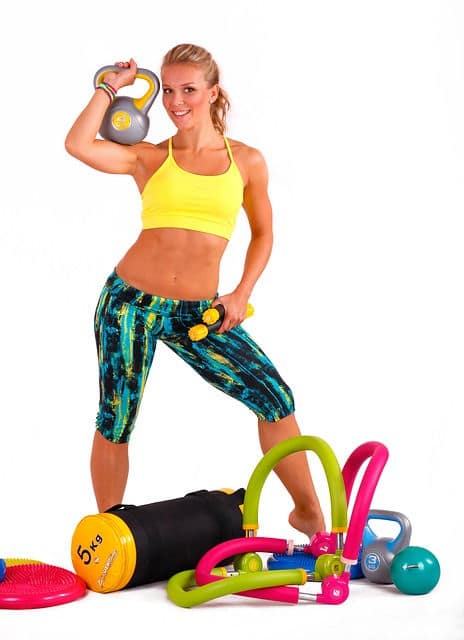

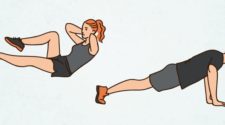
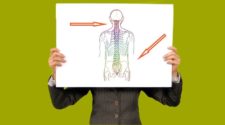
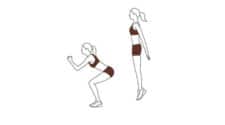


Leave a Reply